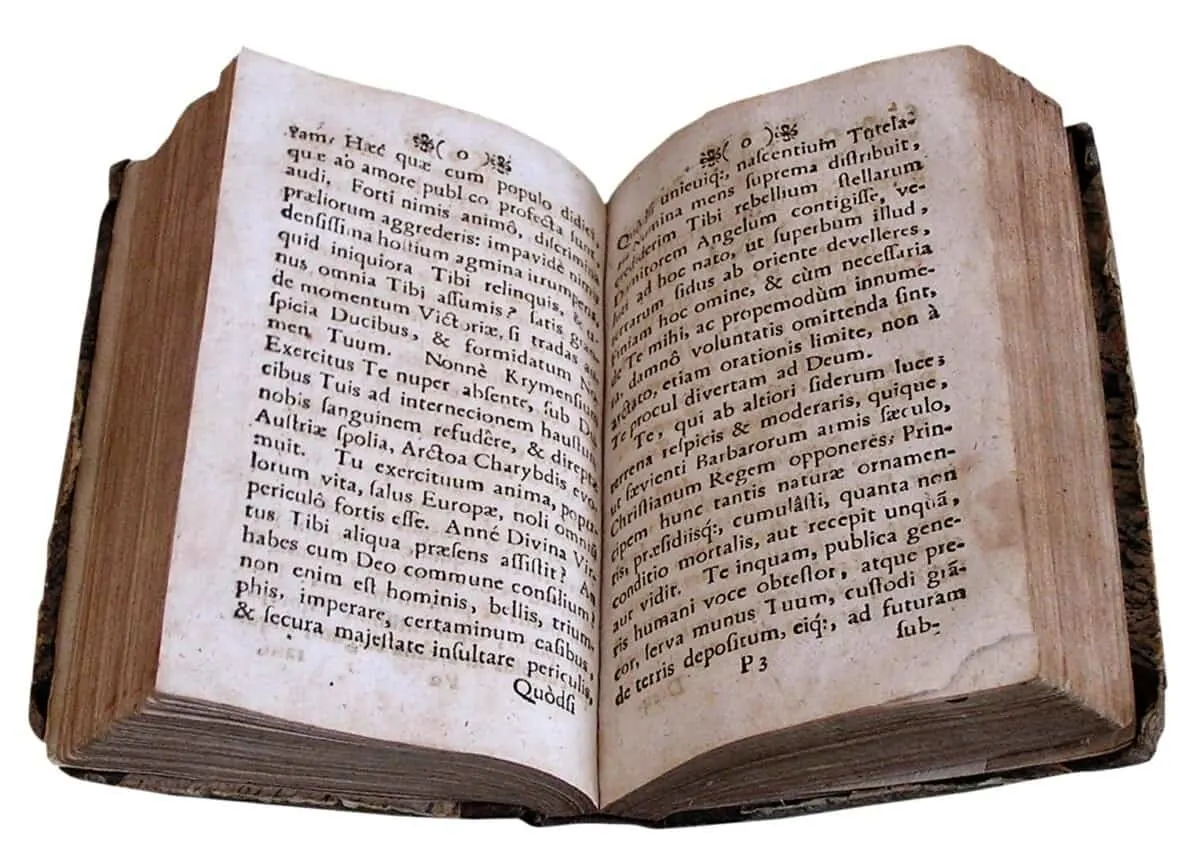“Per se” is a Latin term that some English speakers and writers use frequently and, often, unnecessarily. Occasionally, you’ll even see someone write the term as “per say,” so what is the correct spelling and use of the term? “Per se,” is correct as it is a Latin phrase for “by itself” or “in itself,” …
School
Imagine a little boy hears he can’t have dessert after dinner. Like most children, he might say, “I ate all of my vegetables, though!” But, can you use “though” at the end of a sentence? You can end a sentence with “though.” It is not wrong. However, you would do so more often in casual …
F. Scott Fitzgerald said, “The test of a first-rate intelligence is the ability to hold two opposed ideas in the mind at the same time and still retain the ability to function.” But how would he feel about two comparative forms both being equally correct? Both “cleverer” and “more clever” are correct. The grammatical rule …
In English, in everyday conversation with native speakers, you may come across certain phrases or expressions that you would rarely see in the written form. This written scarcity results from the abundance of expressions borne out of conversational usage, and “speaking of which” is such a phrase. “Speaking of which” is used to introduce extra …
When we’re greeting someone, it is common courtesy to ask how they are doing to ensure they are in good health and that everything is well with them. Unfortunately, this has become a throwaway question to which we often give little thought. Still, between “I am fine” and “I am good,” which one better answers …
A plural noun or pronoun refers to a group of similar objects, things, or ideas. We can form the plural possessive by adding an apostrophe or apostrophe -s to show something belongs to that plural noun pronoun. However, when it comes to pronouns like “everyone,” is it “everyones” or “everyone’s”? The word “everyone’s” is the …






